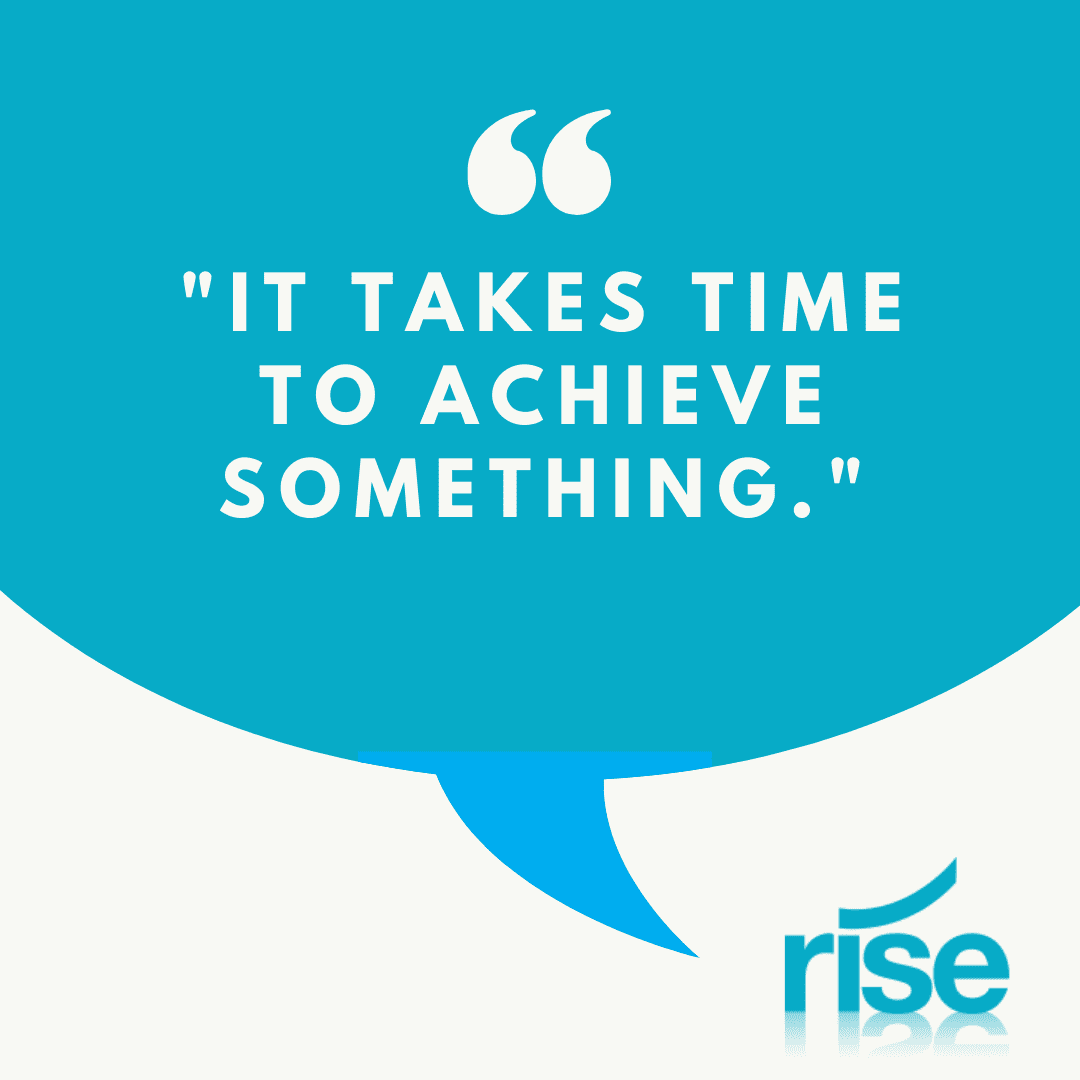Current and former Government Ministers Kiri Alan, Stewart Nash and Marama Davidson are not the first politicians to get into trouble for expressing anger and frustration, but neither will they be the last until they learn that a rule book and sheer willpower are the wrong tools for the job.
Simone-Ellen Keller, a personal transformation strategist and CEO of Genius You—a consultancy that teaches people how the mind works and how to use it to uncover their brilliance by using emotions constructively—said everybody will find themselves in situations that are triggering and, the greater the pressure, the easier it is to give in to an emotional outburst.
“It’s not just politicians who are expected to abide by a higher standard. It is common for people to lose their jobs and companies to lose customers because it is easy to get angry and frustrated.
“Restraint, willpower, values, bosses and rule books are almost useless in situations where emotions are running high.”
Keller said that by developing a proper understanding of the many emotions we will be feeling at any one time, will aid us in getting the job done rather make us look like we have lost control.
“When Kiri Allan’s partner didn’t get the job Allan felt it was an injustice and gave in to anger. Anger is a defence emotion that takes us away from the core emotion which, in Allan’s case, could quite possibly have been a feeling of powerlessness.
“If Allan had been able to appreciate that the real issue was powerlessness, she would likely have changed her approach and sought another solution.”
Keller said a core emotion like powerlessness is hard, confronting, and painful, so our minds go into a kind of flight and fight mode to steer us away towards emotions that are easier to deal with, for example, anger and frustration and the urge to vent.
“Former Labour Minister Stewart Nash may have felt a similar powerlessness because he was in a position of power and unable to change what he perceived as an injustice, so he vented, and it cost him his job.”
Keller offered this advice to people who must show better restraint under pressure, or during triggering moments:
1. Develop a better understanding of emotions and how to deal with them
“Emotions are a tool we need to use better, not some mercurial force that we have little control over. We lose control as a defensive strategy and it only happens when we do not recognise the core emotion,” Keller said.
2. Learn the difference between defensive and core emotions
“If you are doing something repeatedly, like getting angry, you are responding to your defence emotions rather than resolving the problem with an understanding of the core emotion,” Keller said.
3. Don’t rely on willpower and rule books
“Emotions are what it means to be human. No amount of willpower or rule books will stop us from being human, particularly not when it counts.
“Instead, we should learn to listen, understand and use emotions as they were designed to be used, as a toolbox to move us forward.”
More information here: https://www.geniusyou.co.nz/













